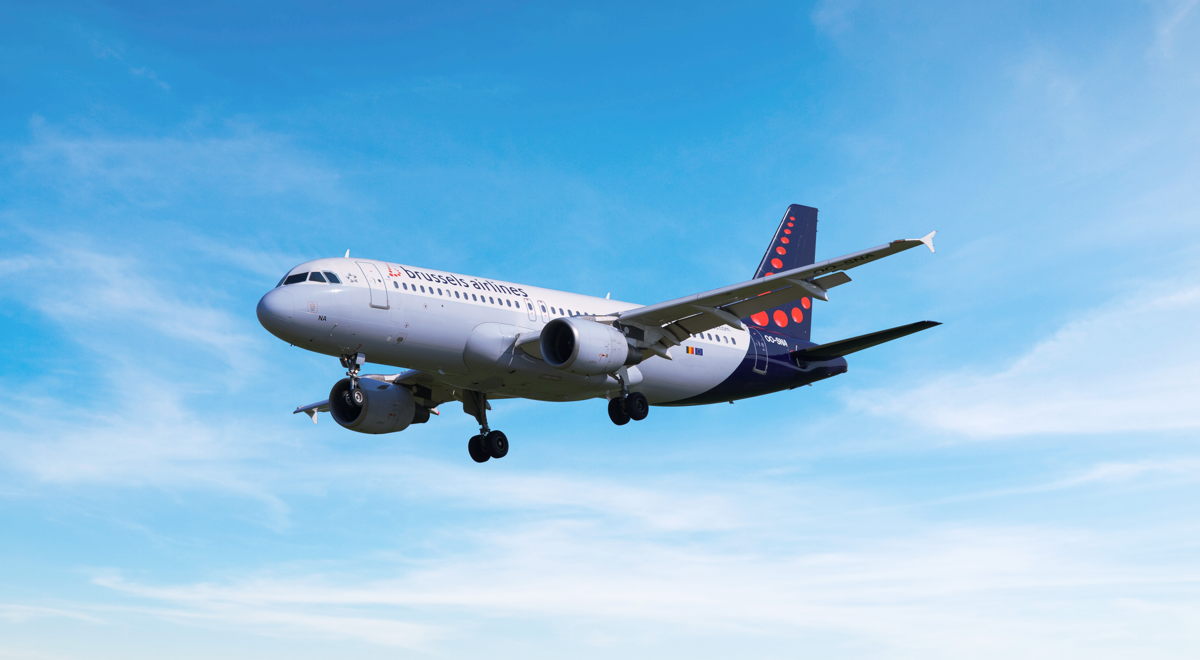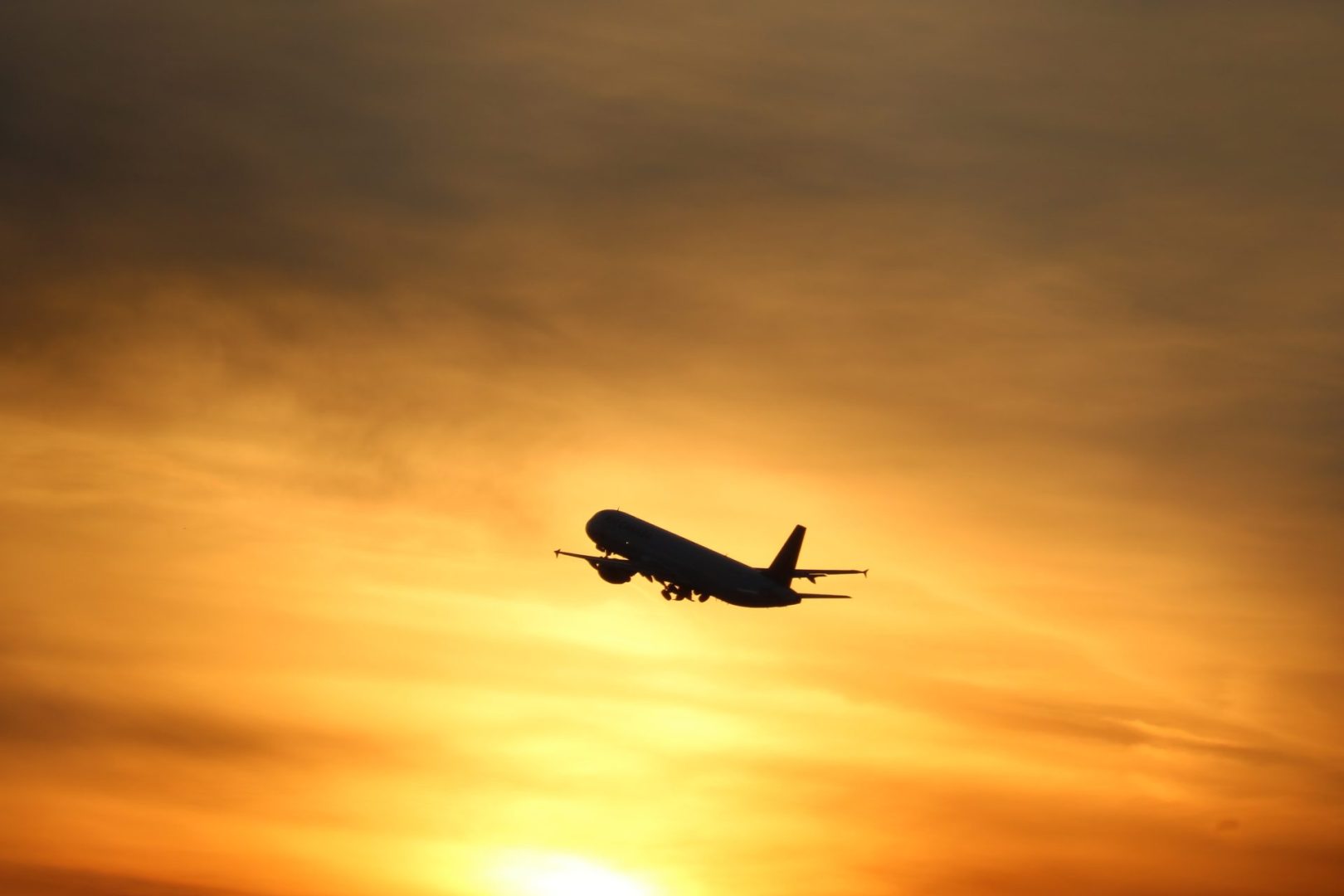‘Ghost Flights’: What Are They And Why Are Hundreds In The Air Right Now?
It’s no secret that one of the industries most impacted by the events of the last two years has been the airline industry. Not many people have been rushing to get on a plane recently, especially when the consistent emergence of new COVID strains has seen restrictions in just about every country in constant flux, making travel about as uncertain of an experience as we ever might have thought possible.
You might have heard recently, however, that this hasn’t stopped airlines from putting their aircraft to use. The term ‘ghost flight’ has suddenly become a part of the public consciousness, as several airlines across Europe have admitted that over the course of the past 24 months, hundreds of flights have been and continue to be conducted with not a single passenger on board.
Naturally, the first-place one’s brain wanders when it hears this is, “isn’t that just a colossal waste of fuel?” The answer to that would be yes, but the airlines themselves argue that it’s a necessary waste. As Brussels Airlines spokesperson Maaike Andries explained to the media last week, airlines must continue to log regular flights in order to maintain their take-off and landing rights at their respective destination cities; and it doesn’t matter if there isn’t a single soul boarding or exiting, other than the flight crew. For the airlines, it’s a simple matter of taking a short-term loss for a long-term gain; losing money on burning the fuel now to keep their foothold in the industry, in the hope that it will all turn around sooner rather than later and the losses will be quickly recuperated. While the benchmark of booked flights needed to be completed to preserve these slots has been reduced from 80% to 50% during the pandemic, the number of ghost flights is still of massive concern to many, with European industry giant Lufthansa revealing they are expecting to be ‘forced’ to conduct over 18,000 ghost flights over the winter period.

Of course, regardless of whether the airlines are able to hang on until the world finally makes its way to the other side of the pandemic (which doesn’t look like its going to be anytime soon), the biggest loser stands to be, well, the world, as the impact of this wasted fuel is hardly helping our already dire climate situation. Air travel is already widely known to be one of the world’s most tricky contributors to air pollution. In normal circumstances, you could argue that this is a necessary evil; we live in a globalised world, and people need to get around for a vast number of reasons.
Some companies, including our own Air New Zealand, have begun exploring ways to significantly reduced the environmental impact of air travel with emission-free solutions, but it’s unlikely that any major institutional changes will be rushed in anytime soon. For what it’s worth, the airlines themselves have led the charge to urge the EU to alter the rules to prevent the incredibly wasteful practice from doing even more damage and save them from being compelled to waste their resources. “We would rather cancel them”, professed Andrews. “They should also be avoided for the sake of the environment.”
However, for the time being, it appears that hundreds of planes a day will continue to soar the skies, with not a beverage served or a seat reclined. Just chalk that up on endless list of bizarre industry quirks that the pandemic has brought to the world.

